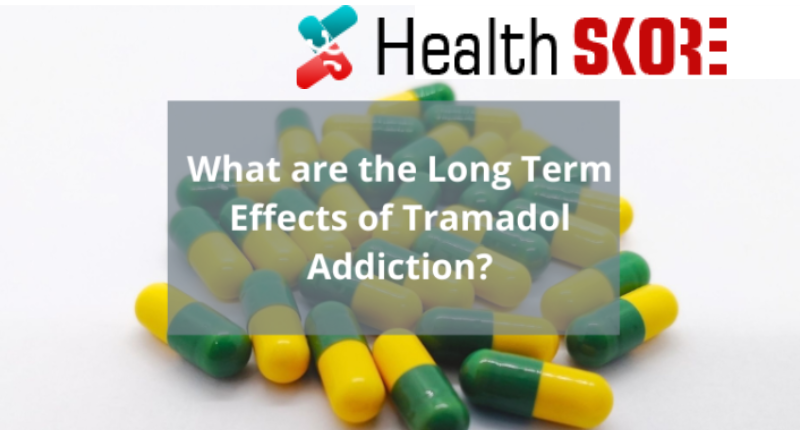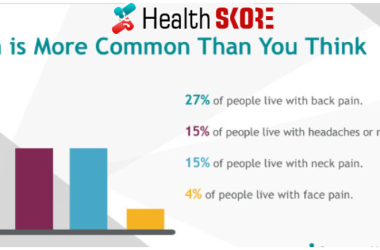Tramadol is an opioid pain medication, also known as hypnotic. It is a prescription medicine for the treatment of moderate to moderately severe pain. Tramadol is a controlled substance that had moderate addiction potential when abused. This medication is not carried the same high risk of addiction as other opioids, but it is still addictive.
There are some undesirable long-term effects of Tramadol that are associated with abuse as well, resulting in these drug symptoms — taking Tramadol improperly in a higher dosage than prescribed may cause severe long term and short-term effects.
Short term effects
- Constipation
- Insomnia
- Diarrhea
- Nausea
- Sweating
- Headaches
- Loss of appetite, etc.
Long term effects
Users may experience some severe and long-term adverse effects even when following the doctor’s instructions. Some common long term effects of Tramadol may include;
- Tolerance: The longer the medication is used, the more of it is required to achieve the same euphoric sense that the user experienced previously.
- Cognitive impairment: This medication is also associated with declining cognitive function like other opioid pain relievers. Chronic users of Tramadol may experience slowed reaction times and difficulty completing complex tasks.
- Physical dependence: Users can become physically dependent on Tramadol when taking this medication over a long period of time. Users may experience unpleasant symptoms of withdrawal when trying to quit using the drug.
Highly addictive
Tramadol can be addictive, just like all other opioid medications. This opioid medicine activates the brain’s reward center similarly to other illicit drugs like heroin, producing a euphoric high that is followed by cravings and withdrawal symptoms. If a user who is addicted to Tramadol tried to stop using the drug suddenly, he might experience below given withdrawal symptoms.
-
- Aggressiveness
- Anxiety
- Chills
- Depression
- Diarrhea
- Flu-Like Symptoms
- Hallucinations
- Headaches
- Insomnia
- Irritability
- Mood Swings
- Nausea
- Nightmares
- Poor Appetite
- Sweating
- Tingling Sensations
- Tremors, etc.
Tramadol recreational use can have severe consequences
This opioid medication is a central nervous system depressant that is why it slows lung and heart function. Using Tramadol is a more significant amount that may cause stop breathing in the user. Non-fetal side effects of Tramadol abuse range from mild to severe including,
- Muscle weakness
- Dizziness
- Fatigue
- Lowered blood pressure
- Fatigue
- Difficulty breathing
- Unconsciousness
- Seizures, etc.
Available treatment of long-term effects of Tramadol
Long-term effects of this medication are treatable with a combination of inpatient drug rehabilitation and ongoing psychical support such as cognitive behavioral therapy and 12 steps programs. Counteractive drugs may be administered during detox to minimize the uncomfortable symptoms of withdrawal and side effects.



